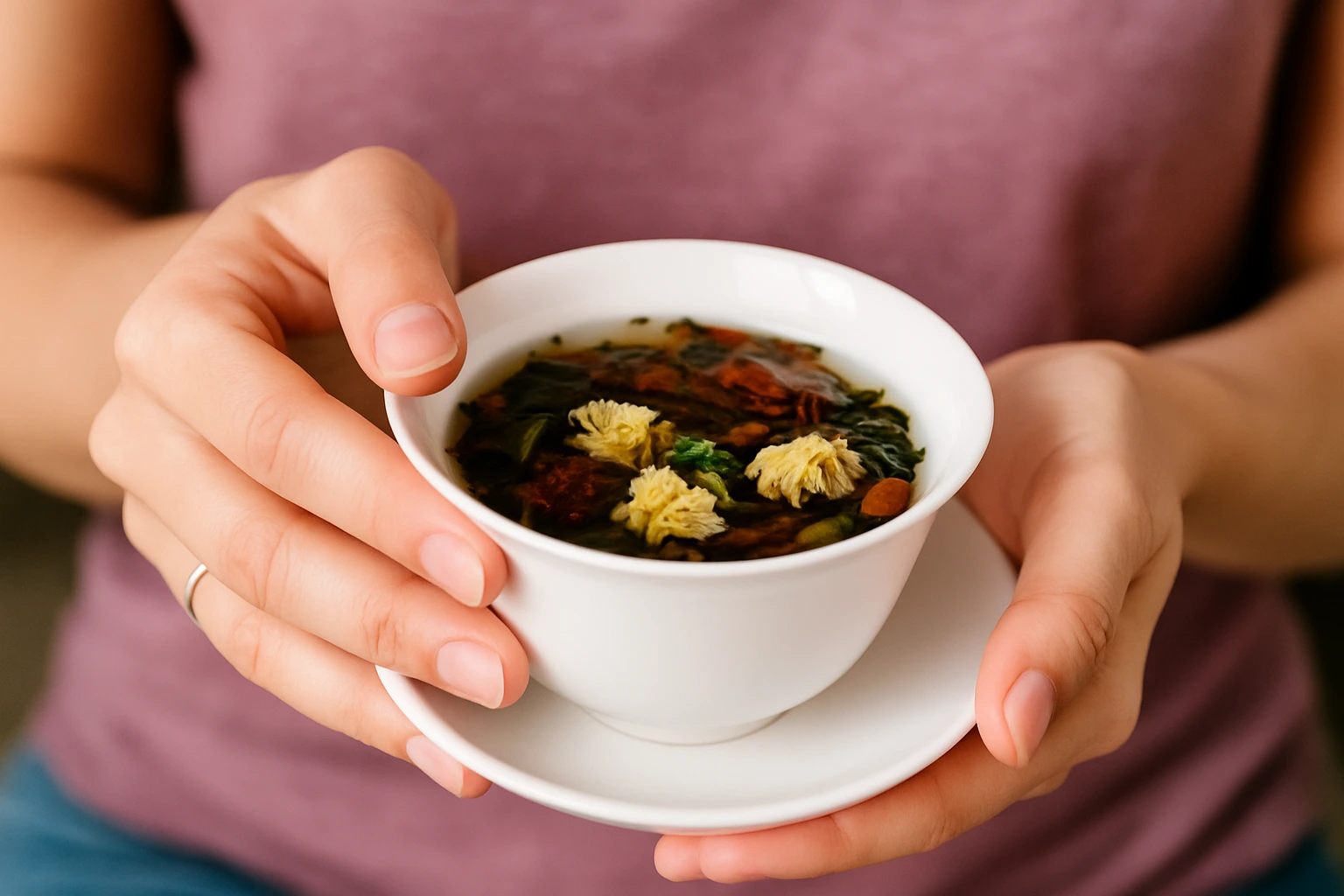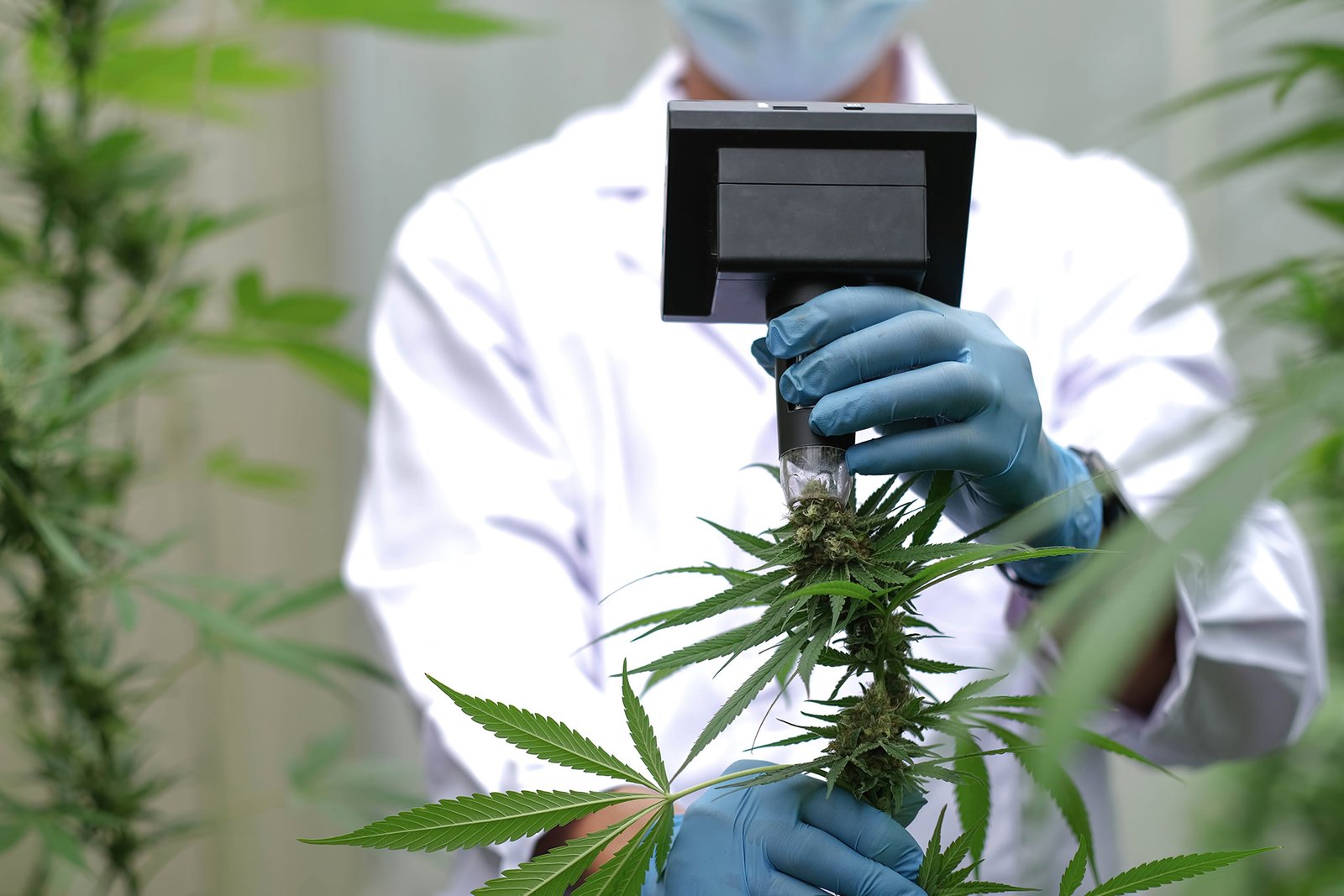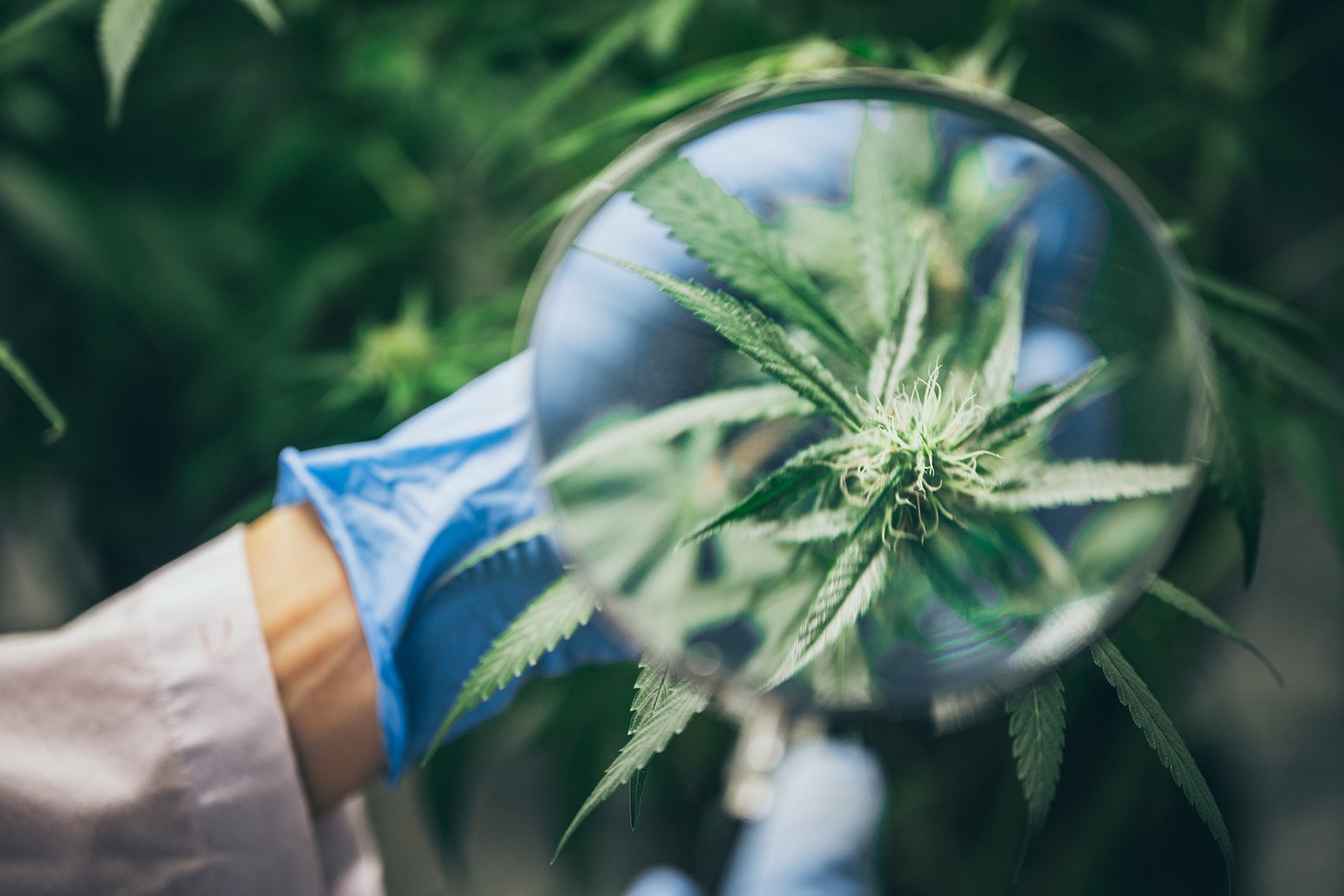
What Is Herbalism? A Beginner’s Guide to Herbal Medicine in the UK
- September 26, 2025
What Is Herbalism and How Does It Work?
Herbalism is the practice of using whole plants; leaves, roots, flowers, seeds, bark to support health and wellbeing. Unlike conventional medicine, which often extracts a single active ingredient, herbalism values the full synergy of a plant’s compounds.
In the UK, herbalism is part of everyday life:
- A cup of chamomile tea before bed for restful sleep.
- Peppermint oil to soothe digestion.
- Calendula cream applied to chafed skin.
- Rosemary tea to support focus and memory.
For deeper health concerns, trained practitioners such as members of the National Institute of Medical Herbalists (NIMH) create tailored formulas. Everyday herbalism is open to anyone, while clinical herbal medicine is a regulated practice.
What Is the Difference Between Herbalism and Herbal Medicine?
| Aspect | Herbalism | Herbal Medicine |
|---|---|---|
| Focus | Lifestyle wellness, gentle daily rituals | Clinical use, prescribed remedies |
| Examples | Teas, baths, oils, tonics | Tinctures, capsules, professional blends |
| Who Practices | Anyone at home | Qualified medical herbalists (NIMH UK) |
| Regulation | Food and supplement level | Licensed by MHRA, Traditional Herbal Registration (THR) |
| Goal | Balance, prevention, relaxation | Targeted relief, support for conditions |
In short: herbalism supports daily wellness, while herbal medicine is prescribed by trained professionals and overseen by regulators like the MHRA (Medicines and Healthcare products Regulatory Agency).
A Short History of Herbalism in the UK
- Romans and Celts used nettle, elderflower, and chamomile in everyday healing.
- Medieval monasteries cultivated physic gardens, the model for today’s herb gardens.
- In the 17th century, Nicholas Culpeper published Culpeper’s Complete Herbal in 1653, bringing plant medicine to ordinary people.
- During World War II, British households grew herbs like thyme and sage in “Victory Gardens.”
- Today, NHS guidance recognises certain herbal products, while trained medical herbalists continue to practice across the UK.
Why Do People in the UK Turn to Herbalism Today?
According to NICE, nearly 1 in 4 UK adults use herbal remedies each year. The reasons include:
- Natural alternatives that reduce reliance on synthetic drugs.
- Holistic care that supports both body and mind.
- Sustainability: many herbs can be grown locally and organically.
- A cultural connection to ancestral traditions.
- Preventive wellness: gentle herbs for stress, sleep, digestion, and immunity.
Which Herbs Are Best for Beginners in the UK?
Starting with safe, familiar plants makes herbalism approachable. Some of the UK’s most trusted herbs include:
- Chamomile: Promotes calm sleep, eases digestion, child-friendly.
- Peppermint: Supports digestion and relieves IBS (endorsed in NHS guidance).
- Lemon Balm: Eases tension and uplifts mood.
- Calendula: Skin-soothing flower for creams and balms.
- Nettle: Rich in minerals, supports energy and seasonal allergies.
- Rosemary: Boosts memory and circulation.
- Lavender: Calms the mind, supports sleep and relaxation.
- Ginger: Warms digestion and eases nausea.
Shop Beginner-Friendly Herbal Remedies
At HerbariumChoices, we provide organic, UK-sourced herbs to help you start safely:
- Chamomile Teas and Oils – for calm sleep and digestion
- Peppermint Teas and Tinctures – for digestion and focus
- Calendula Balms and Creams – for soothing skin
- Nettle Leaf Tea – for energy and nutrient support
- Rosemary Herbal Blends – for memory and circulation
Explore our full herbal collection →
What Are the Safest Ways to Practice Herbalism at Home?
- Consult your GP or a registered herbalist if pregnant, breastfeeding, or taking medication.
- Check for interactions: St John’s Wort can reduce the effectiveness of contraceptives and antidepressants.
- Buy from trusted UK suppliers with certifications (Soil Association, EU organic).
- Always follow dosage instructions.
- Store herbs in airtight jars away from heat and light.
How Can Herbalism Become a Daily Ritual?
Herbalism is as much about ritual as it is about remedies:
- A cup of chamomile tea before bed to promote rest.
- Peppermint tea after a heavy meal for digestion.
- Calendula salve to soothe dry skin.
- Rosemary tea in the morning for focus.
Small rituals create consistent wellbeing, the reason herbalism thrives in modern UK households.
Common Mistakes Beginners Make in Herbalism
- Skipping patch tests for skin applications.
- Mixing too many herbs at once without understanding interactions.
- Using poor-quality imports instead of certified UK herbs.
- Taking tinctures without measuring doses.
- Expecting “instant cures” instead of gradual support.
FAQs About Herbalism in the UK
Is herbalism safe in the UK?
Yes, when practiced responsibly. Use herbs from trusted suppliers and check interactions.
Can herbs replace prescribed medicine?
No. Herbs support wellness but should not replace medical treatments.
Which herbs are best for beginners in the UK?
Chamomile, peppermint, lemon balm, calendula, nettle, lavender, rosemary, and ginger.
Do herbalists need qualifications in the UK?
Yes. Medical herbalists train clinically and register with NIMH. Everyday herbal practices like teas and balms are open to everyone.
Can I grow my own herbs for herbalism in the UK?
Yes. Chamomile, peppermint, rosemary, and nettle are easy to grow in most UK gardens.
Is herbalism covered by the NHS?
Some licensed herbal medicines are recognised, but most herbal consultations are private.
Begin Your Herbal Journey Today
Herbalism is more than folklore. It is a timeless, practical way to care for health. From teas to balms, herbs remain trusted allies in UK homes.
At HerbariumChoices, we honour this tradition with organic, UK-sourced remedies.
- ✔ 100% organic and certified
- ✔ Responsibly sourced in the UK
- ✔ Trusted by households nationwide
Recent Post

Medical Marijuana for Cancer
January 10, 2023

Medical Marijuana Needs to Be Legal
January 7, 2023

Is CBD Oil Safe to Use? Explaining
January 1, 2023
Contact Now
Explore our wide range of natural herbal products crafted for your wellness and everyday care.
Book An Appointment
Schedule a personalized consultation with Herbarium Choices to explore tailored herbal solutions for your health. Let us guide you toward a balanced and vibrant lifestyle.
